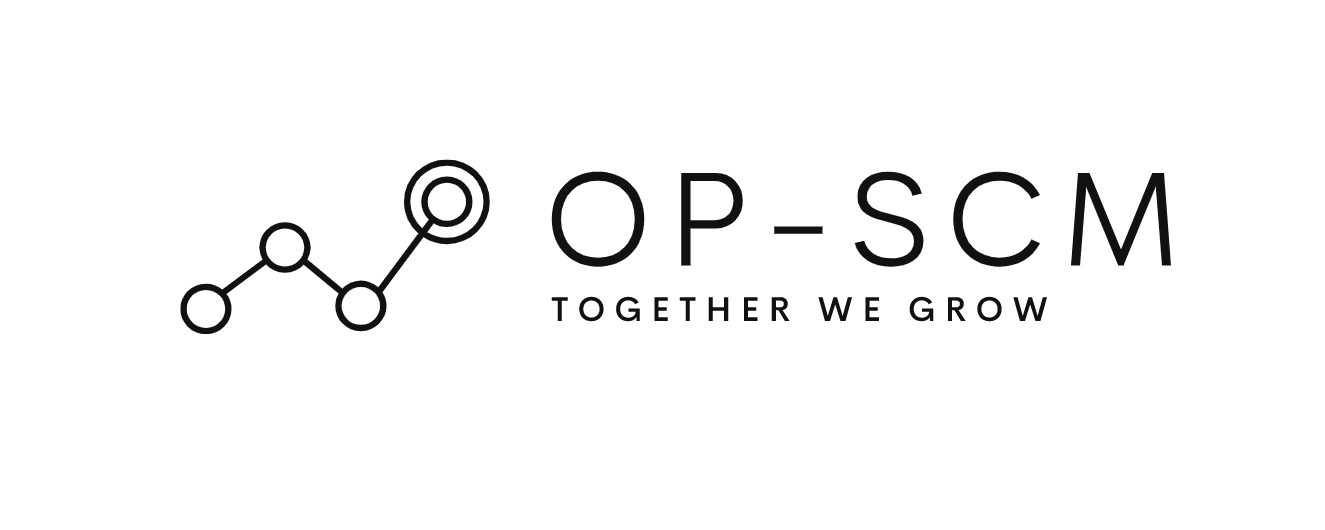Managing suppliers over time is an important aspect of operations strategy, as it involves establishing and maintaining long-term relationships with suppliers in order to optimize the production, distribution, and delivery of goods and services.
There are several key considerations for managing suppliers over time, including:
- Communication: Effective communication is essential for managing suppliers over time. This may involve establishing regular communication channels, such as meetings or conference calls, and providing clear and timely information about requirements and expectations.
- Performance measurement: Performance measurement is an important tool for managing suppliers over time, as it allows organizations to monitor and assess the performance of their suppliers and identify areas for improvement. This may involve establishing performance metrics and benchmarks, and regularly reviewing and reporting on performance.
- Collaboration: Collaboration is another key aspect of managing suppliers over time. This may involve working with suppliers to identify and resolve issues, share information and best practices, and jointly develop solutions to improve performance.
- Flexibility: Managing suppliers over time may also involve being flexible and adaptable in order to respond to changing market conditions and customer needs. This may involve adapting production schedules, modifying orders, or making other changes to meet changing demand.
- Risk management: Risk management is an important consideration when managing suppliers over time, as it involves identifying and mitigating potential risks that could impact the organization. This may involve implementing contingency plans, diversifying suppliers, and conducting regular risk assessments.
In summary, managing suppliers over time is an important aspect of operations strategy, as it involves establishing and maintaining long-term relationships with suppliers in order to optimize the production, distribution, and delivery of goods and services. By focusing on communication, performance measurement, collaboration, flexibility, and risk management, organizations can effectively manage their suppliers over time and achieve their desired outcomes.
